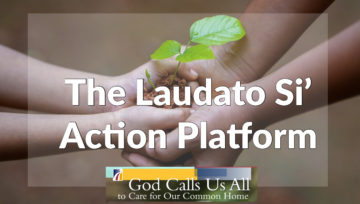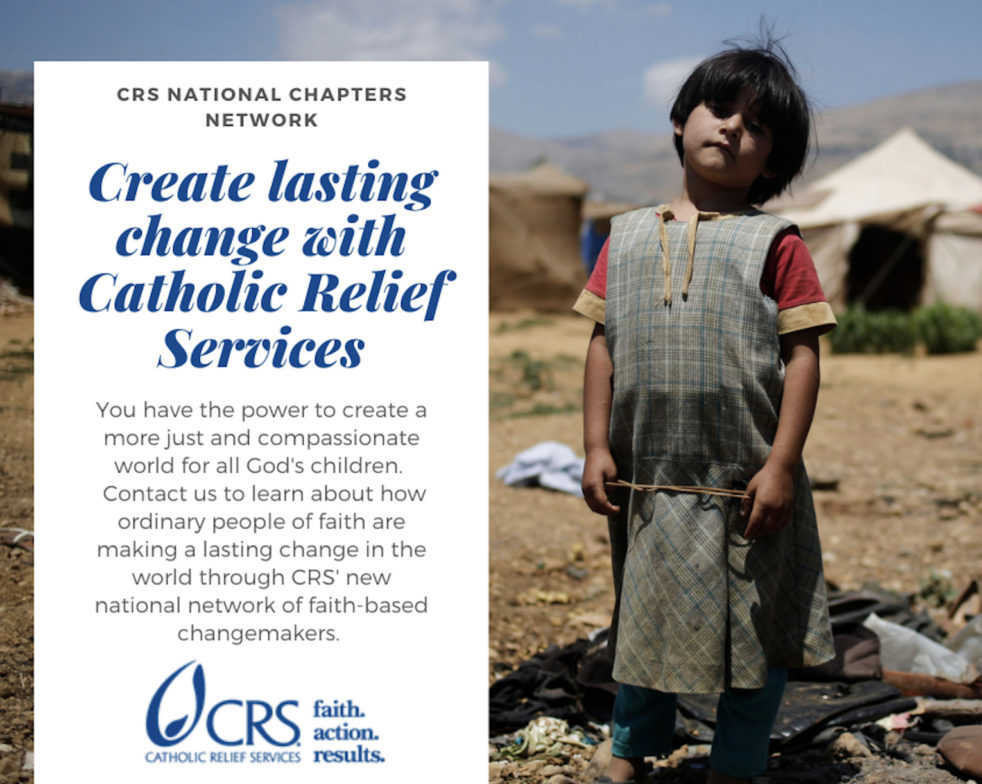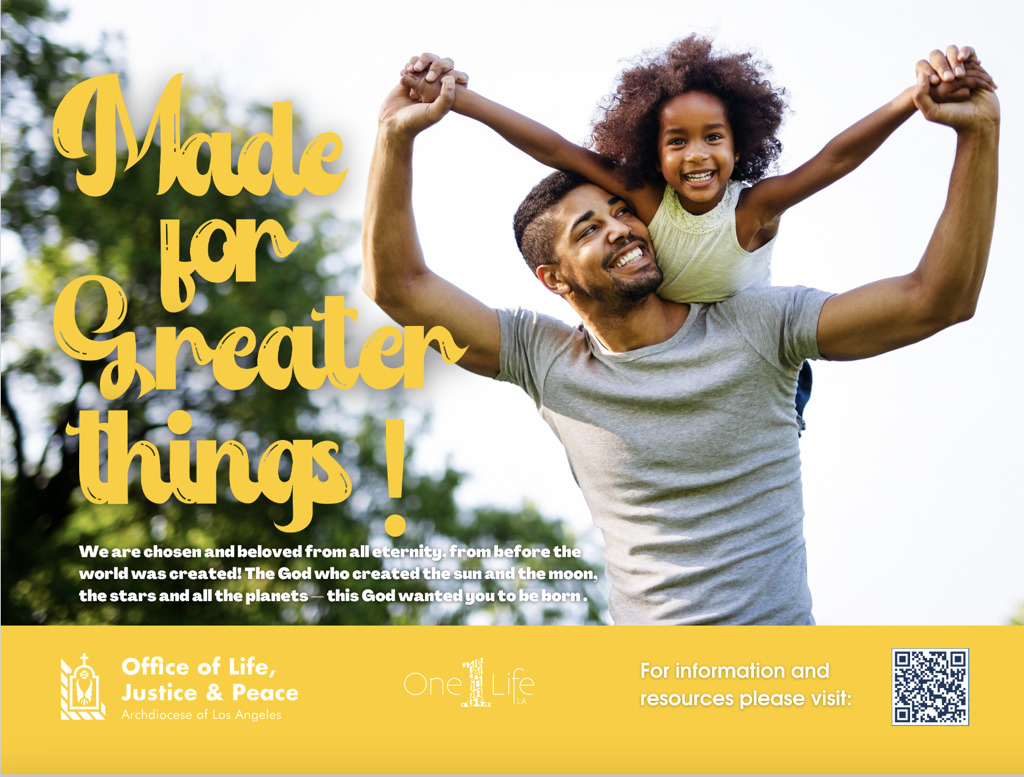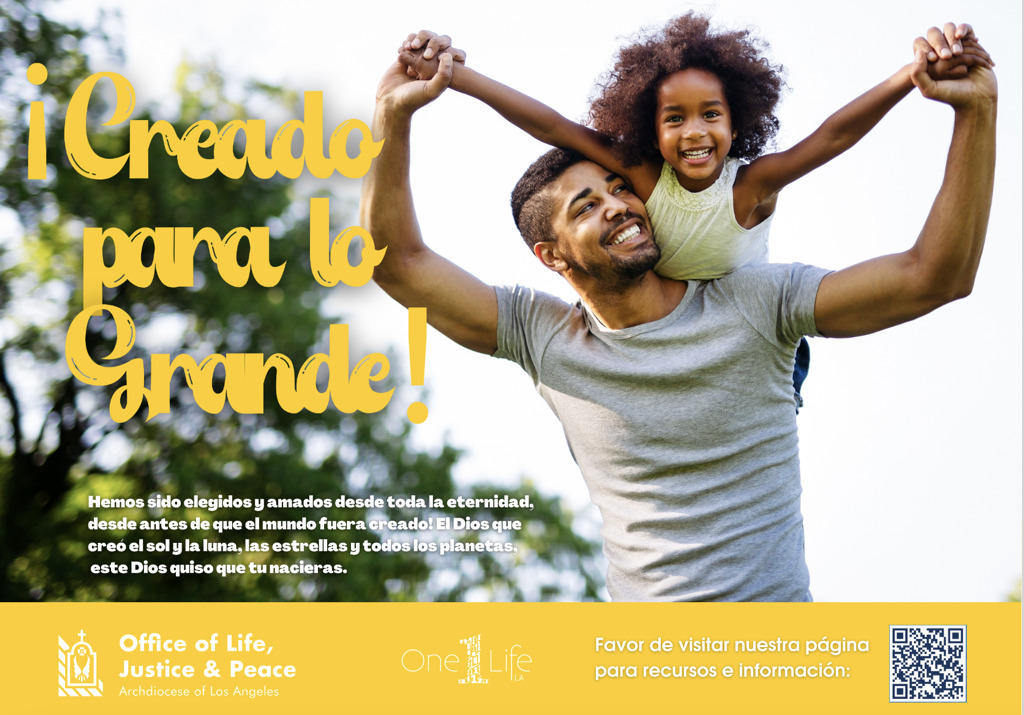
“LAUDATO SI’, mi’ Signore” – “… “Praise be to you, my Lord, through our Sister, Mother Earth, who sustains and governs us, and who produces various fruit with coloured flowers and herbs”.[1]
This sister now cries out to us because of the harm we have inflicted on her by our irresponsible use and abuse of the goods with which God has endowed her.” Pope Frances
Catholics all over the country, indeed all over the world, are attempting to respond to her cry by reducing their carbon footprints. Some have purchased electric or hydrogen-fuel-cell cars. Others have equipped their homes with solar panels or enrolled in wind-power programs. Still others have made the decision to ride a bicycle or take public-transportation to work several days a week. Even those who can not yet manage these needed changes often participate in recycling programs. They do so in a sincere effort to reduce greenhouse gases.
Does recycling, as it exists today, actually achieve our environmental objectives? Plastic is one of the most common recyclables. Still, plastic pollution has become one of the most pressing environmental issues of our times. Plastics are made from fossil fuels, and their bi-products, micro-plastics, are found everywhere from the oceans to the deserts and the mountains. “Plastics are contaminating the air we breathe, to the food we eat, and the water we drink. .. The average person eats a credit card’s worth of plastic every week.”
Plastics, themselves, are non-biodegradable and compared with materials such as glass, paper, iron, and aluminum, they have a low recovery rate, because they are somewhat inefficient to reuse as recycled scrap.
Most of us assume that all plastics picked up at curbside are recycled. This is not necessarily true. Many items that are collected such as straws and yogurt containers cannot be recycled at the local level. Most plastic items have a triangle on the bottom. Within the triangle is a number. Number 1 and 2 plastics can be recycled and often are. Number 3 plastics contain PVC and can not be recycled. Numbers 4-7 can potentially be recycled but few municipalities have the means to do so. In the past, those plastics were sold to China for recycling, but China is no longer purchasing them. Too many of our containers were contaminated with food and other items.
Plastic items that are not recycled often end up being placed in landfills, incinerated, or washed into the ocean. This year alone, researchers estimate that globally the production and incineration of plastic will pump more than 850 million tons of greenhouse gases into our atmosphere.
What ACTIONS can you take?
- Avoid buying any plastics not clearly labeled #1 or #2
- Call your municipality and find out if they actually have the means to recycle plastics 4-7, especially 5, the most commonly used. If not, find out what they do with them.
- If you have a favorite product, such as yogurt, that comes in a # other than 1 or 2, CALL the manufacturer. The 1 800 number can be found on the side of the product. These calls generally take less than 5 minutes, and you will get to speak to an actual person. Express your concern. Ask them to change to a more sustainable Tetra Pak or a container made from a plant-based product, such as hemp or bamboo. Companies welcome such feedback, and if they receive enough calls, they sometimes make major changes.
- Never forget that it takes a Village and ACTION to save a planet.

Catholic Relief Services
Our faith calls us to believe. To serve. To lead. At this pivotal time when COVID-19 is impacting health, societies, and economies around the globe, we can come together as missionary disciples to make a difference.
Catholic Relief Services (CRS) is currently looking for individuals and communities in the Greater L.A. area who have a heart and interest in working on behalf of the poor around the world and who might be interested in learning about this new but quickly growing national CRS Network.
Background
Over the last year, Catholic Relief Services has been working on an exciting effort to invite more Catholics than ever before to play a leading role in the global movement to accelerate the end of poverty, hunger, and violent conflict around the world. A central part of this work is to inspire small but powerful groups of thoughtful committed citizens to build a national network of faith-based changemakers and people of good will who will work together to address the root causes of some the most pressing issues affecting powerless communities around the world. In the last year alone, CRS has been successful in establishing over 80 grassroots communities around the country. These virtual and place-based communities of parishioners, students, and faith-leaders have been working together to find allies in congress and in the media who are working with CRS to pass lifesaving legislation that will provide comprehensive care for the world’s most vulnerable children. Surprisingly, a lot of this work has been able to happen even in spite of the challenges with COVID.





